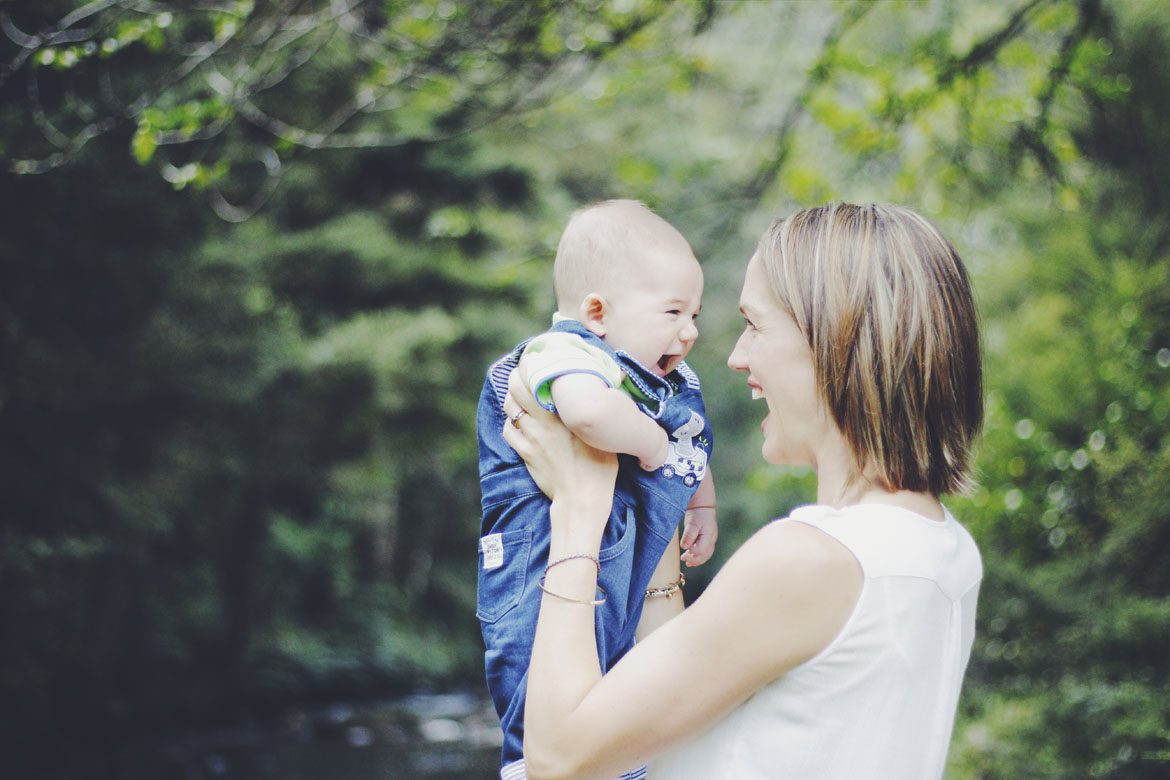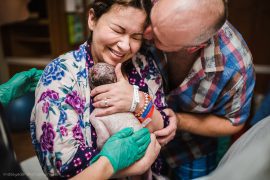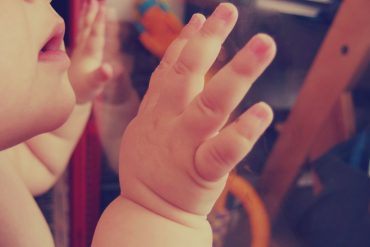By Holly Wykes
The benefits of exercise throughout pregnancy are well documented. Mothers-to-be who stay active have lower rates of gestational diabetes, are more likely to stay within recommended weight gain guidelines, have lower rates of cesarean deliveries, and tend to recover sooner post-childbirth. But what happens after baby is born?
As a new mama, sleep deprivation and diaper blowouts tend to take precedence over exercise for the first few weeks and beyond. But getting active sooner rather than later can be beneficial for both mother and baby. Exercise in the post-partum phase can help improve sleep patterns, minimize feelings of post-partum depression and the “baby blues”, helps with gradual weight loss and muscle strengthening, can improve posture, and provides a great opportunity to be social with other mothers.
Typically, most women are ready to resume gentle exercise at the six-week mark. Speak to your OB/GYN or primary care provider to ensure you are ready.
Some great questions to ask your doctor are:
- Do I have a diastasis (abdominal separation) that needs to heal?
- I have some bleeding/cramping/pain. Is this normal, and can I exercise while this occurs?
- Sometimes when I jump, laugh or cough, I pee! Is this normal? What can I do?
- Are there any movements or exercises I should avoid, i.e. heavy lifting?
- I used to do _____ (running, cross-training, play competitive soccer). How can I get back into my favourite activity safely?
Once you’ve been given the “all-clear” to resume physical activity, I highly recommend seeing a pelvic floor physiotherapist to be screened for diastasis recti and/or organ prolapse. Incontinence post-pregnancy is common, but a sign that something has yet to heal. A skilled therapist can help you resume exercise safely and effectively, ensuring no further damage occurs.











